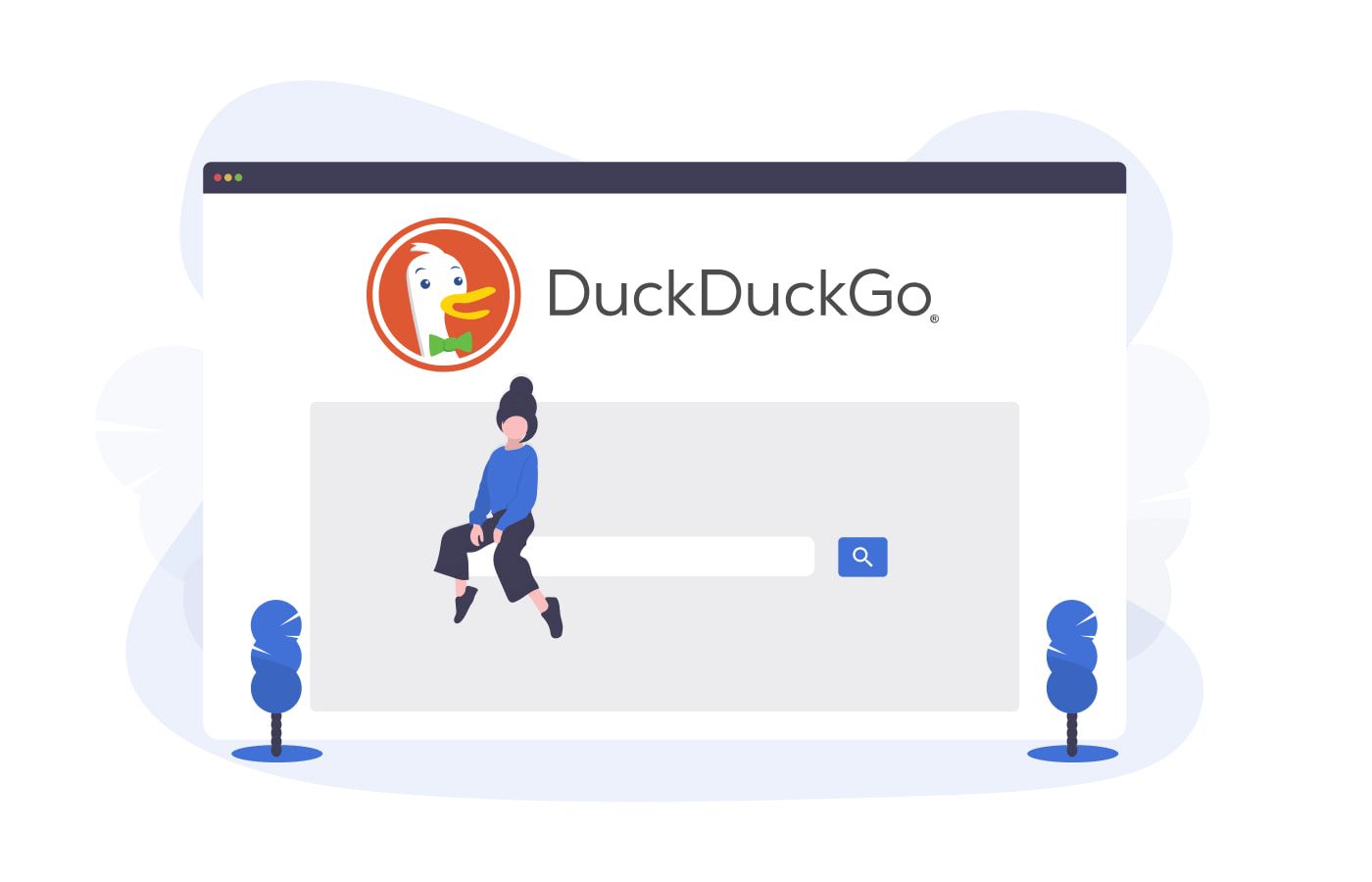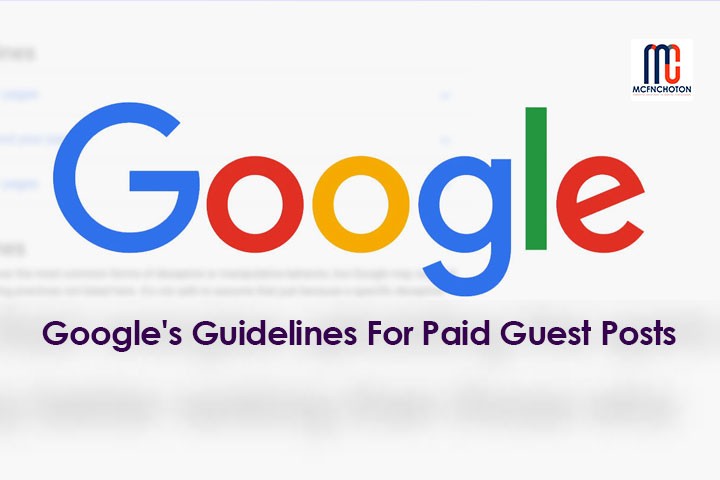Apple’s Consideration of Bing and DuckDuckGo in Google Antitrust Case
In the ongoing Google antitrust case, newly unsealed court testimonies have revealed that Apple, one of the key players in the tech industry, considered replacing Google’s search engine on its devices with Microsoft’s Bing or the privacy-focused DuckDuckGo. These revelations provide valuable insights into the strategic decision-making within the industry and shed light on Apple’s negotiation tactics with Google.
The Revenue-Sharing Deal and Apple’s Search Engine Alternatives
One of the focal points of the antitrust case is the revenue-sharing deal between Google and Apple. The deal, which involves Google paying billions of dollars annually to remain the default search engine on Apple’s devices, has been scrutinized by the Department of Justice (DOJ). As part of the case, the testimonies revealed that Apple explored alternative search engine options, including Bing and DuckDuckGo.
Apple’s Consideration of Bing
Senior Vice President of Apple, John Giannandrea, testified that the company had discussions with Microsoft in 2018 and again in 2020 regarding the potential acquisition of Bing or forming a joint venture. These discussions were part of an internal evaluation process where Apple compared the quality of Bing’s search results to those of Google. Although Bing performed worse overall, it achieved parity with Google for desktop English searches.
Notably, Apple had previously used Bing as the default search service for some of its products, such as Siri and Spotlight searches, from 2013 to 2017. However, despite considering Bing as an alternative, Apple ultimately decided to continue its lucrative deal with Google, which is estimated to bring in around $19 billion annually.
DuckDuckGo as a Privacy-Focused Alternative
In addition to Bing, Apple also held approximately 20 meetings and phone calls with DuckDuckGo to discuss the possibility of making it the default search engine for Safari’s private browsing mode. DuckDuckGo, known for its emphasis on user privacy, has successfully integrated some of its privacy technologies into Safari.
However, despite these discussions, Giannandrea denied any serious consideration of replacing Google with DuckDuckGo. He expressed concerns over DuckDuckGo’s reliance on Bing for search information, suggesting that this could compromise user privacy.
Leveraging Bing as a Negotiation Tactic
Internal emails revealed during the trial indicated that Apple strategically used Bing as a negotiation tactic to extract more money from Google. The unsealed testimonies confirmed this, with Mikhail Parakhin, Microsoft’s chief of advertising and web services, acknowledging Apple’s leveraging of Bing during the negotiations.
Insights into the Tech Industry’s Strategic Decision-Making
The unsealing of these testimonies provides a rare glimpse into the strategic maneuvering within the tech industry, which is primarily dominated by Google. The trial has shed light on why few tech giants have seriously attempted to compete with Google in the search sector. The revelations highlight the complex dynamics and negotiations that take place behind the scenes.
Conclusion
The ongoing Google antitrust case has revealed Apple’s consideration of Bing and DuckDuckGo as alternatives to Google’s search engine on its devices. While Apple explored the possibility of acquiring Bing or partnering with DuckDuckGo, it ultimately decided to continue its lucrative deal with Google. These revelations offer valuable insights into the strategic decision-making within the tech industry and shed light on Apple’s negotiation tactics with Google.




